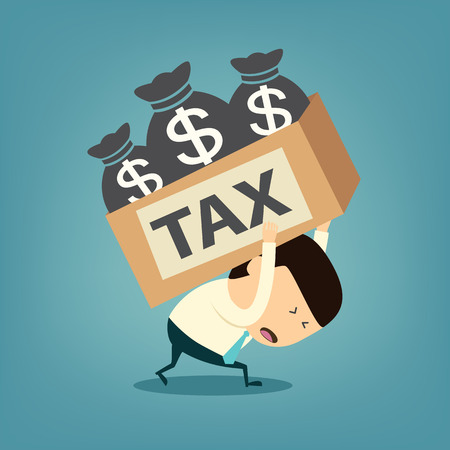Tax planning
Ever heard the saying that a little bit of knowledge can be a dangerous thing? It could be the way with Tax issues.
However, it isn’t that difficult to understand how the tax system works and by understanding a little more about what is considered the norm for your type of business you could firstly ensure that you are making your Tax payments in a timely and organised fashion and secondly ensuring that you are claiming expenses and allowances that are wholly fair to do so and which allow you to retain more of your profits to invest in IT enablers or Training that may help your business grow.
Having a file, be it paper or electronic, ready in advance of the Personal Tax deadline of 31 January at least allows you the possibility of some personalised service from your Accountant. This is unlikely if you leave it until near this date to get your details in order as most Accounting practices are fraught dealing with other last minute enquiries. Having some workings showing dividend payments or rental income and expenditure, if this is applicable, prepared will make it clearer for your accountant.
Ditto having your company records up to date and avoiding 31 December as a year-end will help your relationship with your Accountant for the preparation of Corporation Tax. The most popular date for companies to complete their account to is the 31 December, whereas few have their year-end in the summer months.

It’s clear once more where the log jams are going to be regarding your Accountants time. The Revenue’s guidance these days regarding when you need to file by is quite clear if you decide to file Personal or Corporation yourself. Whilst the number seem simple some guidance should pay for itself over time.
VAT too can be very complex. Overseas transactions in particular can be confusing to process on a VAT return. Flat rate VAT schemes can work if you are willing to trade off a little higher Tax for reduced administration.
There is a raft of expenses that a Personal Tax payer can avail of and often these are missed. This is often a symptom of working remotely, both geographically and in terms of knowledge transfer, from your Accountant. There are specific allowances, for example, that allow deductions for matters as diverse as Eye Tests and using a Bicycle for work purposes (generally there is a rule of thumb that you are not allowed a deduction for travel to and from a place of work). A growing trend, especially with more people working from home, of tax payers who have started to claim a deduction for working from home not only for the space within a home office but also for the use of space in Kitchens or the Living Room – who hasn’t checked or enabled their laptop of internet enabled Tablet or Mobile Phone for work purposes in recent times. You may find all of the space in your home to be difficult to justify as work space (hallways and toilets for instance, as exceptions to the fact that we can work from almost anywhere these days) but clearly there are some pointers there as to what you could consider as valid deductions for work purposes. As ever ask a competent Accountant such, as TaxAgility, or DYOR (do your own research) principles apply.
